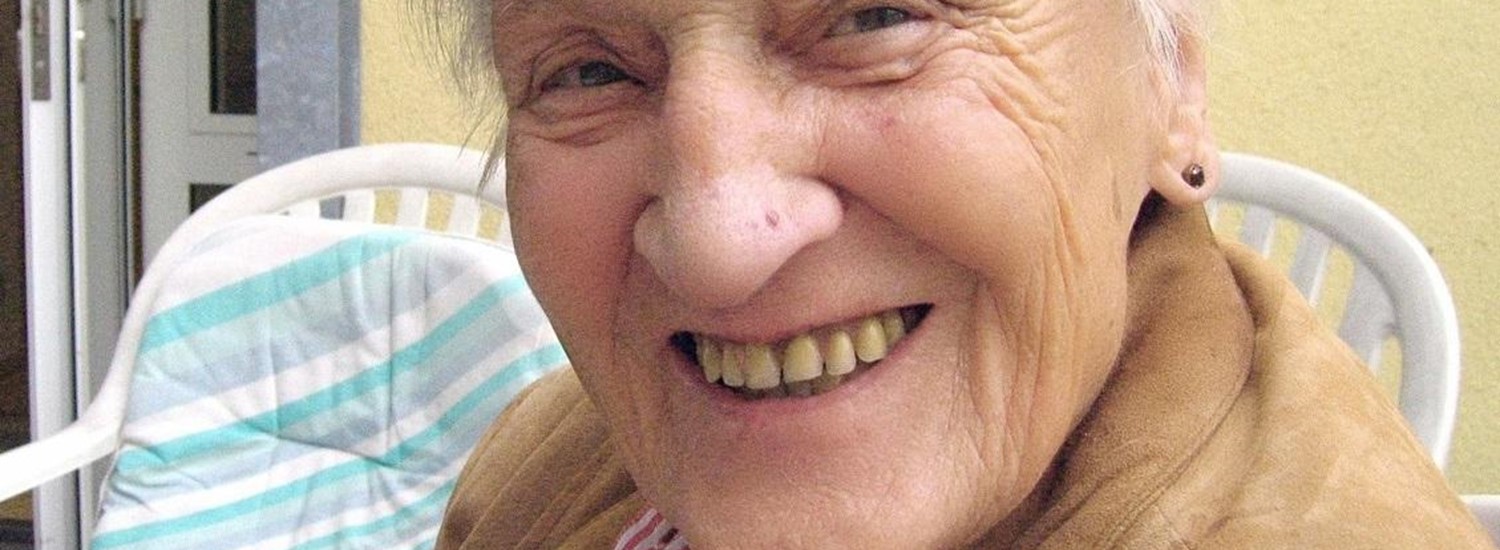The Council’s Medium-Term Financial Strategy aims to predict the financial situation for each financial year, budget gaps, as well as necessary savings targets so that the Council can continue to deliver for the people of Sheffield.
Sheffield responds to the NHS Long Term Plan

Sheffield City Council has responded to the priorities set out in the January 2019 NHS Long Term Plan (LTP) published by NHS England.
Sheffield’s response to the plan identifies a number of areas where its aspirations need to be strengthened. It sets out the council’s response to those areas and describes Sheffield City Council’s aspirations for how the health and care system should work at neighbourhood, city and ‘Integrated Care System’ level.
The intention of the LTP was to deliver system sustainability by shifting the model of care, towards a more preventative one, reducing avoidable demand and inequalities in health and was associated with a government commitment to increase funding over the five years to 2023/24.
Whilst welcomed in Sheffield, it wasn’t considered enough to deliver the changes Sheffield needs to deliver fair health, wellbeing and related outcomes in a financially sustainable way.
The Sheffield response was approved at Cabinet this week and will set the direction of travel for health and social care in Sheffield as a wholly integrated, preventative health and social care system that meets the needs of its residents and addresses the health inequalities in our city. It emphasises how much Sheffield believes that planning services at a local level, that our communities recognise, is the key to success.
Sheffield health partners are already working together and Sheffield City Council and the Sheffield Clinical Commissioning Group pool certain budgets to help reduce non-elective (not arranged in advance) admissions and untimely discharge from hospital. By pooling budgets they are reducing the number of permanent residential placements and ensuring that the number of people readmitted to hospital following short term care at home is below 15%.
There are many Sheffield examples of how people’s lives are so much better as a result of this approach: how a gentleman in his late eighties has been helped by the Home First Prevention Team after being in hospital. He became more independent having been virtually housebound. He can now control his own finances again, leave the house with support and is able to make decisions about what he wants to buy and where he wants to go.
A lady in her late seventies received similar help. She was prone to regular falls whilst attempting to take care of herself in her home and again the Home Prevention Team arranged for the right equipment to be supplied, helped with making sure that she started to receive the benefits she was entitled to and arranged for the fitting of a city wide care alarm. Without this support she would have been on a waiting list for an Equipment and Adaptations assessment.
John Macilwraith, Executive Director of People Services at Sheffield City Council said: “We are strongly committed to place-based planning and decision-making and know that joint commissioning with one, single, shared set of resources across the NHS and social care is the most effective way to bring about financial sustainability and to provide the best care possible here in Sheffield.
“We’re aware that we need to do everything we can to prevent illness. Our ethos is our promise to think ‘prevention’ so that we keep more people independent and well for longer.”
The Sheffield response report is here: http://democracy.sheffield.gov.uk/documents/s37386/NHS%20Report.pdf



